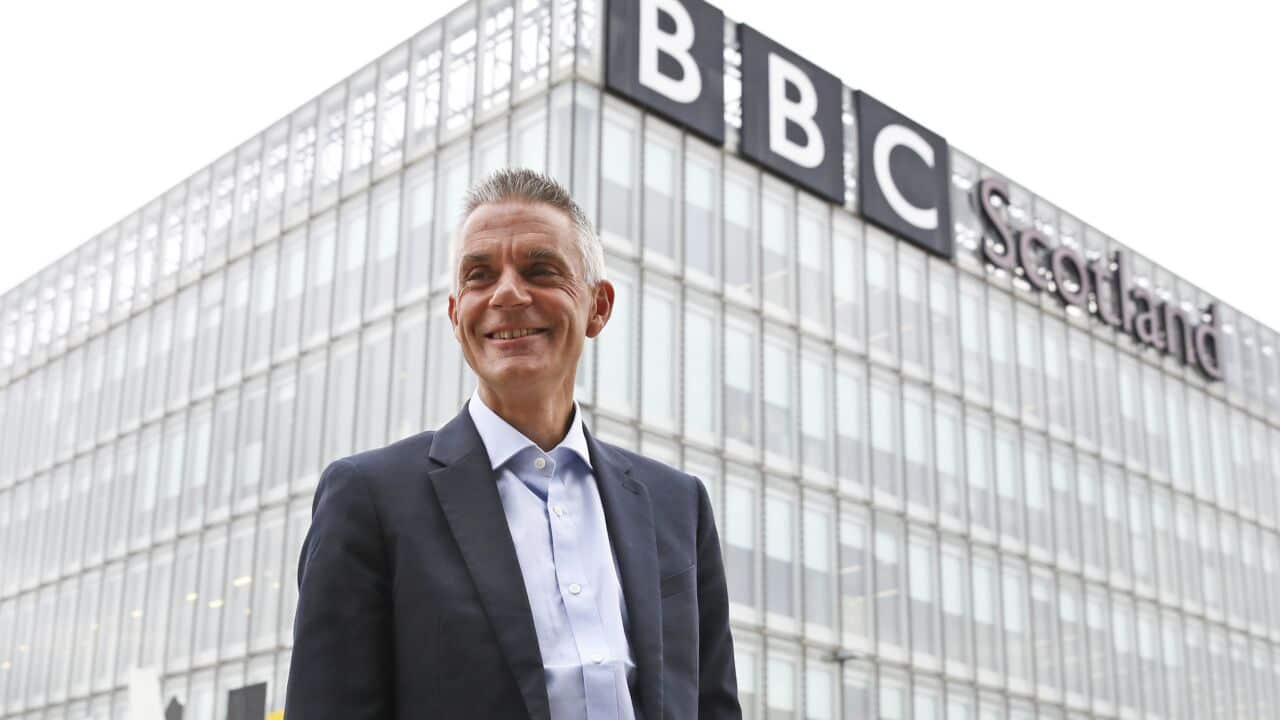British Broadcasting Corporation (BBC) director general Tim Davie and the chief executive of news, Deborah Turness, have resigned following criticism that a BBC documentary misled viewers by editing a speech by United States President Donald Trump.
"This is entirely my decision, and I remain very thankful to the chair and board for their unswerving and unanimous support throughout my entire tenure, including during recent days," Davie said in a statement.
"I have been reflecting on the very intense personal and professional demands of managing this role over many years in these febrile times, combined with the fact that I want to give a successor time to help shape the charter plans they will be delivering.
"Overall, the BBC is delivering well, but there have been some mistakes made and as director general I have to take ultimate responsibility," he said.
Turness said the controversy about the Trump documentary "has reached a stage where it is causing damage to the BBC — an institution that I love. As the CEO of BBC News and Current Affairs, the buck stops with me".
The Daily Telegraph had reported for days on an internal document produced by a former BBC adviser on standards who had listed a raft of errors, including in the way a speech by Trump on 6 January 2021 was edited.
The document suggested the Panorama program had edited two parts of Trump's speech together so he appeared to directly encourage the Capitol Hill riots of January 2021 — cutting out a section where Trump said he wanted supporters to demonstrate peacefully.
At the time, Trump was still disputing then-president Joe Biden's election victory, in a vote that resulted in him being ousted after his first term in office.
The edit was included in a documentary titled Trump: A Second Chance? that was broadcast by the BBC the week before last year's US election.
Allegations of 'bias'
UK culture, media and sport minister Lisa Nandy said the Trump edit was one of several concerns about editorial standards at the BBC.
"It isn't just about the Panorama program, although that is incredibly serious," she told BBC television in an interview.
"There are a series of very serious allegations made, the most serious of which is that there is systemic bias in the way that difficult issues are reported at the BBC," she said.
Nandy said she was concerned about a tendency for editorial standards and the language used in reports to be "entirely inconsistent" whether it be on "Israel, Gaza ... trans people or on this issue about President Trump".
The licence fee-funded broadcaster issued several apologies earlier this year for "serious flaws" in the making of another documentary, titled Gaza: How To Survive A Warzone, which was broadcast in February.
In October, it accepted a sanction from the UK media watchdog for what was deemed a "materially misleading" program, whose child narrator was later revealed to be the son of Hamas's former deputy agriculture minister.
For the latest from SBS News, download our app and subscribe to our newsletter.

